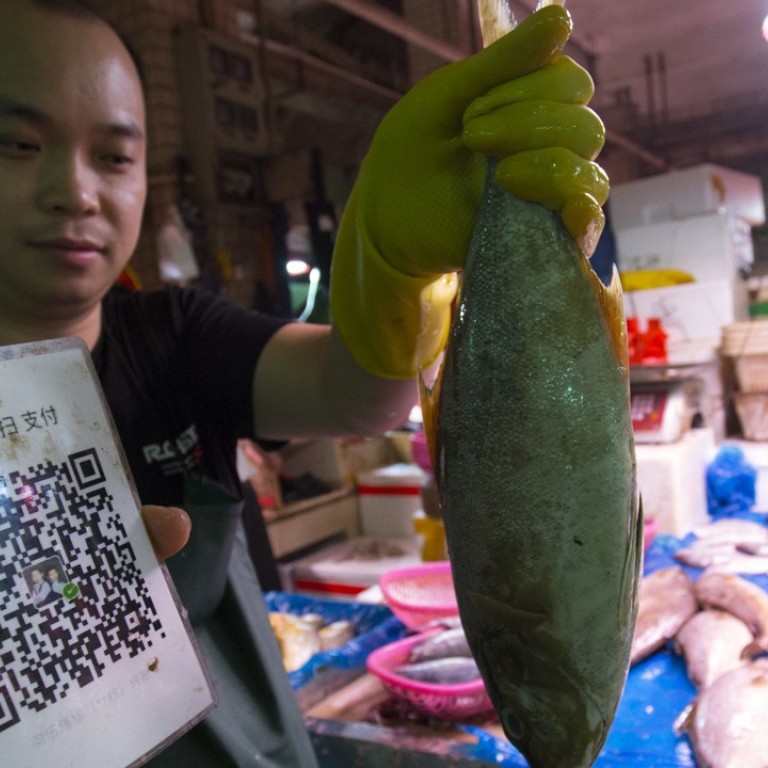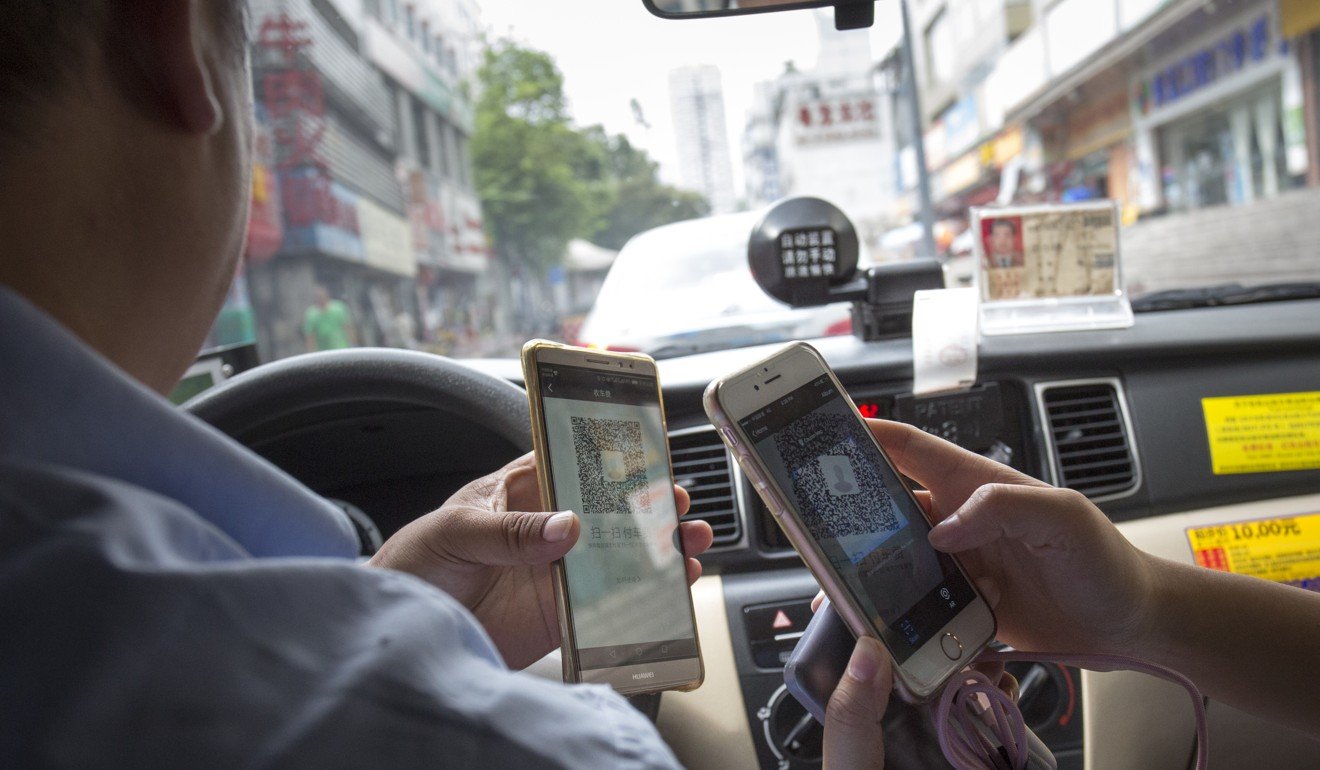
A cashless society would destroy our privacy and freedom
Big data are propelling us towards a world where an individual’s purchasing power is determined by his or her demographics and online behaviour
The real technology threat is here and now. No, it’s not depicted in Ridley Scott’s dystopian film Blade Runner. Big data fed by e-commerce platforms, particularly in China, are rapidly propelling us towards a world where an individual’s purchasing power, and their value to the consumer system, can be determined by his or her demographics, online behaviour and choices.
Imagine that the entirety of your personal data, not your money, will authoritatively determine what you can and cannot possess in the present and future. It’s like a Philip Dick science fiction story where factories intuitively deliver goods and services to your home without the need for you to actually click through an online order.
Mainlanders have fully embraced digital, cashless transactions, but I can’t help but think they are gullible and naive as they readily surrender privacy for convenience
However, making Hong Kong people acquiesce to a cashless economy or a digital currency won’t be as easy as technologists and government regulators think. Hongkongers have always jealously guarded their privacy, especially their personal business affairs. Long before China became an economic powerhouse, when Hong Kong was the centre of Chinese capitalism, it epitomised the secretive cash transaction culture.
Mainlanders have fully embraced digital, cashless transactions, but I can’t help but think they are gullible and naive as they readily surrender privacy for convenience. Smartphones allow for an unprecedented level of mobile data gathering.
Then, mainland Chinese have only known and lived under a one-party state government and authoritarian-style state. Privacy has never been an important part of their daily life or culture. The population has never experienced self-governance, as only Party members can vote for Party leaders.

But there is a sinister, deep state motive to lure people into giving up cash. A cashless economy allows the government to fully control your holdings at banks. So authorities can charge negative rates, as in Japan, where they can literally deduct or charge fees from accounts without legal recourse.
Most people don’t know that the public does not possess a constitutional, statutory or even common-law right to open a bank account or receive banking services. I have an inbox bulging with complaints from former customers of HSBC whose accounts were shut down after decades of business. Their only explanation was a legally phlegmatic form letter.
In today’s society, it is almost impossible to exist and function without a bank account or credit card. But in a completely cashless society you are completely, financially excommunicated – cast adrift as a non-person without an identity.
Inexperienced mainlanders may learn the hard way during their first financial crisis that they can’t withdraw their savings from the system
So, bank runs like the one on Linshang Bank in China in August would never happen again under a cashless system because banks would not be carrying any cash. Inexperienced mainlanders may learn the hard way during their first financial crisis that they can’t withdraw their savings from the system.
Americans take the attitude that the only true defence of your personal freedoms in modern society lies in the ownership of cash and guns (notwithstanding the recent massacre in Las Vegas). Like most freedoms, only when they are denied will you discover what you have lost.
Not long ago in Hong Kong, you could see customers depositing suitcases of thousand-dollar bills through the bank teller’s window. The depositor dutifully waited while the teller fed the stack of cash through a counting machine that rattled like a machine gun.

Hong Kong people jealously guarded their privilege to use cash and how they made a profit. Then, 1997 comes along and 20 years later the whole promise and idea of nothing ever changing in Hong Kong doesn’t seem so real any more. Especially when the government wants to blindly follow China’s trend for mobile payments.
Such a futuristic world is supposed to free, and edify humans. But, it effectively abolishes privacy, free will and freedom. As the media theorist Marshall McLuhan said about this kind of big data global village: “The more the data banks record about each one of us, the less we exist.”
Peter Guy is a financial writer and former international banker

